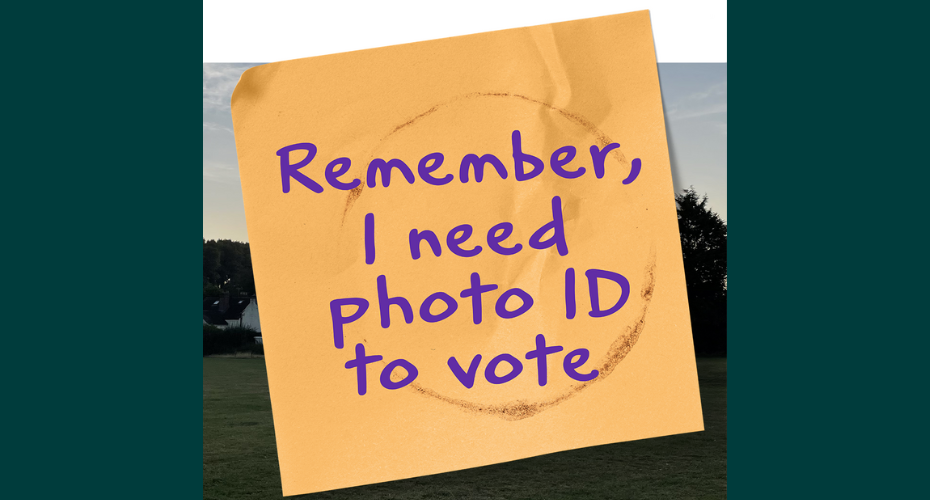Register to vote
Register to vote
Register to vote
What you need to know about registering to vote in UK elections
Who can vote?
In England you can vote if you are:
- registered to vote,
- 18 years or over,
- a British, Irish, or qualifying Commonwealth citizen, (for local and Police and Crime Commissioner elections you can also be vote as a European Union Member State citizen), and
- resident at an address in the election area - including halls of residence.
If your home and University addresses are in two different council areas, you may be able to vote in both areas in some local elections, as these are classed as separate elections. You must register in both areas. You can only vote once in the General Election.
If you’ve moved home since you registered to vote, you’ll need to register at your new address.
You may also be able to arrange for a postal vote or proxy vote (authorising someone else to vote on your behalf) so you can still vote if you can’t get to the polling station in person on the election day.
Find out more and register to vote on The Electoral Commission website.
.png)
If you’re not registered, you can’t vote in elections and have your say on who makes the decisions that affect you.
Credit reference agencies also use the electoral register for credit checks – so if you’re not registered you may have difficulty when applying for things like bank accounts or mobile phone contracts.

To vote in person at elections in England you need to show photo ID. Only certain photo ID will be accepted, including some passports, driving licences and Proof of Age Standards Scheme (PASS) cards. Your student ID card is not an accepted form of photo ID.
If you don’t have an accepted form of photo ID, or you’re not sure that it still looks like you, you can apply for free voter ID – known as a Voter Authority Certificate.
Find out what is accepted and apply for free voter ID if you need to.
Check your facts
Your vote matters, so do your research into the candidates and parties before you vote.
To help decide who to vote for, you should research your area’s candidates and pay extra attention to the information available to you so you can make an informed decision about your vote.
While political campaigning should be transparent, there can be a lot of information around elections which can be misleading or untrue. These stories are often on social media. If you see a headline, a list of facts or an article on social media, remember to check that it is true before taking it on board or sharing it with your friends. Look for a source or check whether a reliable news site backs up the information. Approach it much like you might a piece of academic work.
Like any research, check you’re using reliable sources. Newspapers may publicly support one particular party, whereas TV and radio journalists, such as the BBC, must generally give an independent view. There are also impartial and trusted fact checking services online that you can use.
Get more information and advice on election campaigning, on the Electoral Commission website.

.png)